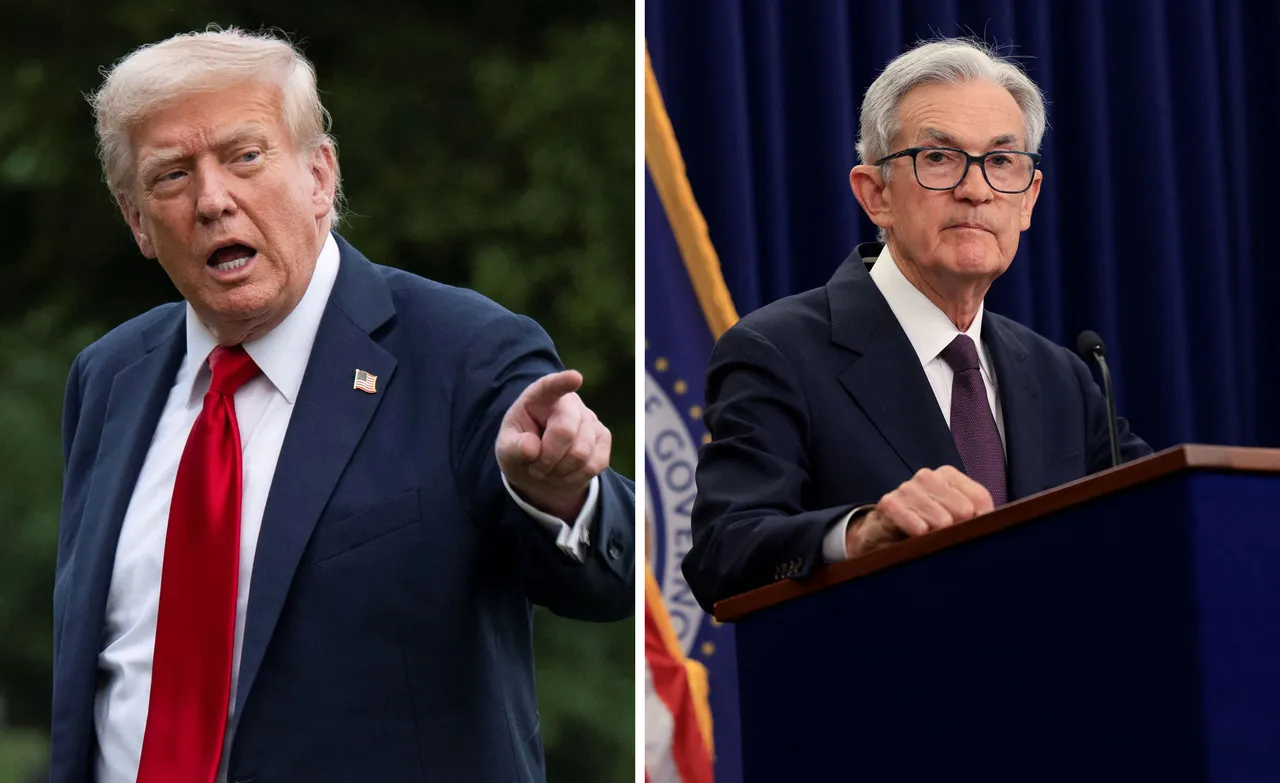Trump Escalates Rhetoric Against the Federal Reserve: Powell “One of My Worst Appointments” as Potential Replacements Emerge
In a move that reignites debate over the relationship between the White House and the U.S. central bank, former President Donald Trump launched a scathing attack on Federal Reserve Chair Jerome Powell, describing him as “one of the worst appointments” of his presidency. Trump’s sharp criticism came amid his claims that Powell failed to take decisive action to lower interest rates — a step Trump believes is essential for a more aggressive expansionary policy to support the U.S. economy.
Trump’s remarks are far from casual commentary; they carry strong implications for his potential return to the White House in the upcoming election. His statements have intensified speculation about his intent to influence the country’s top economic leadership, particularly with Federal Reserve Governor Christopher Waller emerging as a possible successor to Powell.
Waller openly stated that he would accept the role of Fed Chair if asked by Trump or any incoming president. This declaration has fueled speculation about the future of the Federal Reserve, which has traditionally maintained significant independence from the executive branch — a key principle seen as central to data-driven and politically neutral monetary policy.
Meanwhile, the Group of Twenty (G20) recently reaffirmed the importance of central bank independence in its final communique, declaring:
“Central banks are strongly committed to ensuring price stability, consistent with their respective mandates, and will continue to adjust their policies in a data-dependent manner. Central bank independence is crucial to achieving this goal.”
These developments come at a sensitive moment for the U.S. economy. Recent data shows a gradual improvement in consumer confidence and labor market conditions, yet inflation remains a central point of contention between monetary hawks and advocates of looser policies. In this context, any sudden changes in the Federal Reserve’s leadership could carry major consequences for global financial markets.
